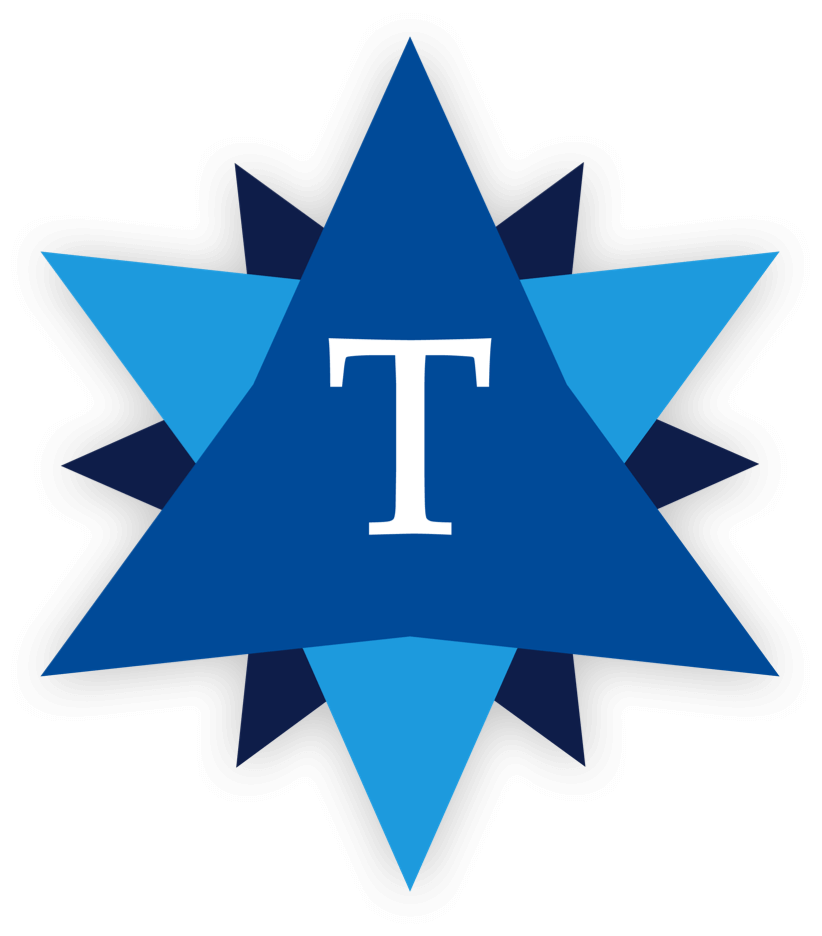Creating a System of Data Governance for New River Community and Technical College
Guest Author
Guest Author
Guest Author

Our Need for Data Governance
New River Community and Technical College serves a nine-county region of southern West Virginia with four campus locations. Although New River CTC was founded in 2003, it didn’t achieve administrative independence until 2009—when we completed the separation of services from our parent institution, Bluefield State College. Since then, the college has seen a flurry of activity, and one recent effort has been the creation of a data governance plan.
While the institution had invested in multiple analytics products to improve access to data for decision-making, these investments had not yet proven fruitful. Data stewards and data owners had not been identified nor charged with responsibilities. No data standards had been established, nor the accompanying procedures to ensure they were followed. A strong collaborative effort involving a number of personnel and offices was required to complete this initiative. Projects like these require teamwork and strong leadership, so three of us came together as data stewards and agreed to commit to this effort. Our data governance initiative is intended to resolve a number of specific issues, all of which are simply improvements to how we manage our data.
In 2014 New River’s president invited representatives from Ellucian to visit and evaluate our use of their products and identify areas where we could increase efficiency. The outcome of that visit was our Ellucian Action Plan, which provided actionable items aligned with our institution’s goals and a three-year timetable for completion. One recommendation was to create a data governance plan, but we were unable to do so within the timetable suggested. Realizing the foundational importance of data governance to the institution, we reinitiated this project in 2018 and will complete it in 2019.
Our Approach to Data Governance
At the outset, we established three aspects that would guide our project:
- No additional resources—fiscal or personnel—would be needed for this initiative.
- Our timeline would be self-created and somewhat flexible.
- Our overall initiative would need to be divided into smaller, more-achievable efforts, or the entire project might be jeopardized.
We chose to focus on the following guiding principles for our data governance initiative: data ownership, data quality, data access, data security, and data literacy.
Our project had goals of ensuring compliance with legal and privacy requirements and adopting industry best practices. We also established simple objectives.
- Identify data owners and stewards to be responsible for specific systems, procedures, and data.
- Establish a Chief Data Officer.
- Incorporate oversight, with the existing President’s Cabinet as the Data Governance Board (see below).

Without additional resources, we designated the Director of Institutional Effectiveness and Grants as our Chief Data Officer. This decision ensured that the project wouldn’t be perceived as simply an IT effort but rather a broader organizational effort. Since the President’s Cabinet already had key leadership represented, this group was chosen to serve as our Data Governance Board.
After establishing these positions and responsibilities, our focus turned outward to explore available resources, best practices, and other institutional approaches to data governance to guide us as we developed our own plan. Finally, we began reviewing our data. We assessed where it was located, who had access, and what training was needed. Then we generally determined our current state of affairs, so we could anticipate what actions were needed.
Searching for Related Information and Resources
We realized we had much to learn in order to create our own data governance structure and procedures, so we searched for additional information. We reviewed the services offered by
Training
Our college has a site license for LinkedIn Learning (formerly Lynda.com), so we created a playlist of the data governance training we wanted our data owners and governance board members to complete. We—the data stewards—each completed it ourselves and then guided the others to the training. We monitored their progress, sent them a few reminders, and made sure to congratulate them as they each finished it.
Tasks Remaining and Next Steps
Policies and Procedures
As we reviewed existing policies and procedures related to data governance, we identified some areas where none yet existed. As part of this initiative, there are a number of institutional policies and procedures that will be finalized in the next few months.
- Information Security Policy
- Guidelines for Data Classification
- Data Entry, Provenance, Cleansing, and Quality Policy
- Telework Policy
- Cybersecurity Response Procedures
Some policies and procedures related to data governance had already been developed.
- Computer Use Policy
- Confidentiality Agreement
- Email Retention Procedure
- Records Retention Procedure
Management and Control Activities
Admittedly, we are at an early stage of maturity and understanding of data governance at our college. As we learn from our experiences, our data governance processes will evolve and mature. The final tasks we need to complete will be to establish schedules for auditing our data and to monitor our new procedures to confirm compliance. These two ongoing tasks will allow us to fine-tune our processes for managing our data.
Lessons Learned
Although our project isn’t quite complete, we have already learned some lessons others might benefit from.
- Even without additional budget or resources, much can be accomplished if a few key people can commit to making change.
- Our Chief Data Officer reports to the Chief Academic Officer. Our research indicated that this reporting structure varies among institutions, but we feel that it is important for this position to be outside IT to give our initiative a broader context and institution-wide support.
- Designating our existing President’s Cabinet to serve as our Data Governance Board meant that we didn’t need to create any additional committees and that executive-level support would be assured.
A secondary benefit of our data governance initiative was that it became the impetus to complete much-needed tasks such as developing policies and procedures where none yet existed.
Categories
Share Article:

Additional Authors:


Other Posts From this Author:
The views and opinions expressed in this article are those of the author and do not necessarily reflect the official policy or position of the Tambellini Group. To become a Top of Mind guest author, please contact us.
© Copyright 2025, The Tambellini Group. All Rights Reserved.